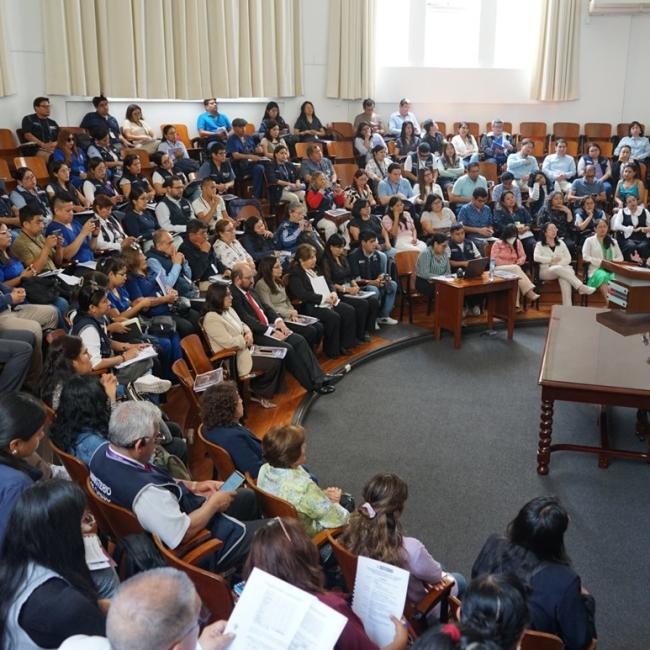Efforts to Fight Dementia in South America Take Big Step Forward
International Collaboration Will Develop the First Open Network to Consider Determinants of Dementia in South America
“If we really want to make change, we have to go beyond borders,” said Agustín Ibáñez, PhD, an Atlantic Fellow at Global Brain Health Institute (GBHI)—a collaboration between University of California, San Francisco and Trinity College Dublin—and a neuroscientist from Argentina. “In Latin American countries, most clinical and research groups work in isolation or in sporadic collaboration.”
Across South America—where a third of the population lives in poverty, combined with one of the world’s fastest growing elderly populations—countries are experiencing growing rates of dementia faster than most of the world. Globally, cases of dementia are expected to increase to 152 million by 2050, yet seventy-five percent of cases are expected in Latin America and Africa, where only three percent of dementia research takes place.
To address these challenges, Ibanez and collaborators from GBHI, including Bruce Miller, MD; Jennifer Yokoyama, PhD; Kate Possin, PhD; Victor Valcour, MD, PhD; Howie Rosen, MD; and Joel Kramer, PsyD, are developing an ambitious project to consider the genetic, social/environmental and neurocognitive determinants of dementia in more than 3,000 individuals from Colombia, Peru, Brazil and Argentina.
Directed by Ibáñez and Miller, co-director of GBHI, the U.S.-South American Initiative for Genetic-Neural-Behavioral Interactions in Human Neurodegenerative Research was awarded $2.5 million from the National Institute of Health to develop the first digital platform of shared data on dementia in South America. The data will be compared with individuals from the United States.
“We expect to make important discoveries and to set the stage for broader collaborations in South America and across the globe,” said Miller. “I expect this project will provide new essential information to the field of dementia and to our understanding of its neurobiology.”
Since its founding in 2015, GBHI has invested major efforts to address the dementia epidemic in South America. In the Atlantic Fellows for Equity in Brain Health program, a third of the fellows are from this region.
The U.S.-South American Initiative will be coordinated with the Latin American and Caribbean Consortium for Dementia, and also includes partners from the Alzheimers’ Association; Hospital Universitario San Ignacio; Institute for Cognitive and Translational Neuroscience; Instituto Peruano de Neurociencias; Pontificia Universidad Javeriana; Tau Consortium; United Consortium; Universidad de Antioquia; Universidade de São Paulo; and University of California, Santa Barbara.
Authors

Niall Kavanagh
Communications Officer
GBHI Members Mentioned

Bruce Miller, MD
Founding Director, University of California, San Francisco

Jennifer Yokoyama, PhD
Associate Professor of Neurology

Kate Possin, PhD
Professor of Neurology

Victor Valcour, MD, PhD
Site Director, University of California, San Francisco

Howie Rosen, MD
Professor of Neurology


